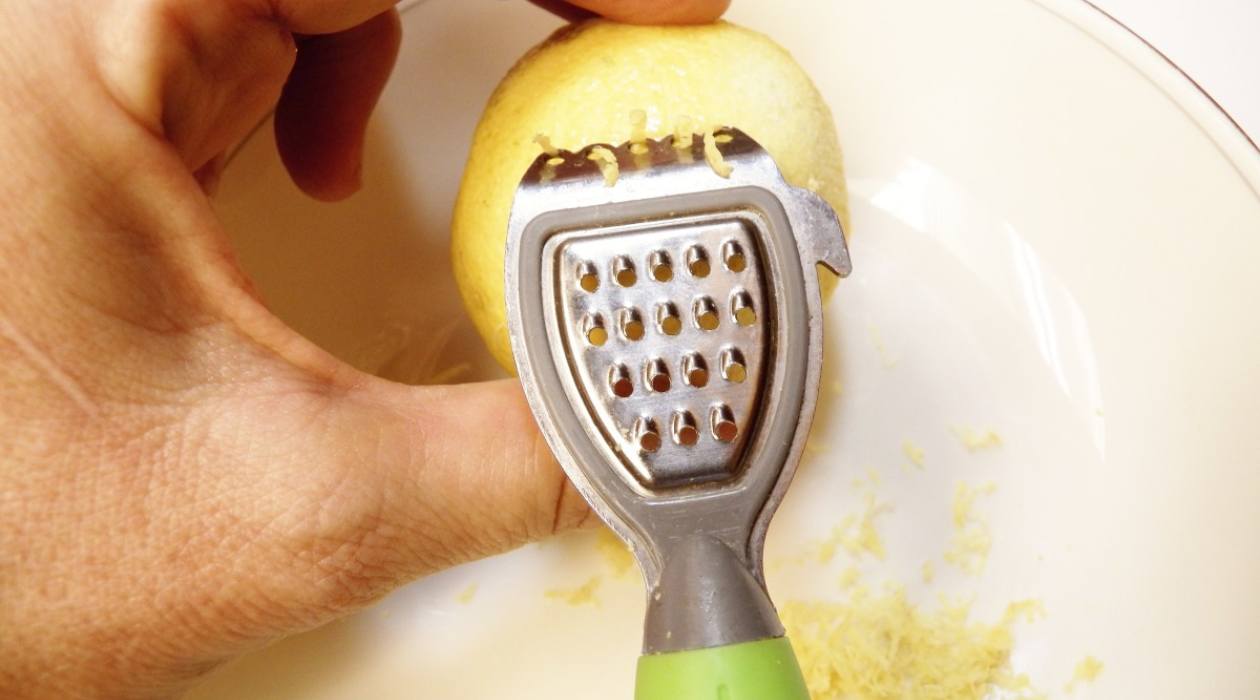

Articles
How To Store Lemon Zest
Modified: August 16, 2024
Learn how to store lemon zest and keep it fresh for longer with our helpful articles. Find useful tips and techniques for preserving the bright and tangy flavor in your recipes.
(Many of the links in this article redirect to a specific reviewed product. Your purchase of these products through affiliate links helps to generate commission for Storables.com, at no extra cost. Learn more)
Introduction
Welcome to the world of lemon zest! It’s a secret ingredient that can elevate your dishes to new heights, adding a burst of vibrant citrus flavor. Whether you’re a professional chef or a casual home cook, knowing how to properly store lemon zest is key to preserving its freshness and preserving its intense flavor.
But why should you store lemon zest? Well, lemon zest is the outermost layer of the lemon peel, and it contains concentrated essential oils that are responsible for that bright, tangy flavor. It’s a versatile ingredient that can be used in a wide range of recipes, including desserts, salads, marinades, and cocktails.
So, if you have a surplus of lemons or just want to make the most of every lemon you have, read on to discover different methods of storing lemon zest that will keep it fresh for future use.
Key Takeaways:
- Elevate your dishes with vibrant citrus flavor by storing fresh, dried, or frozen lemon zest. Experiment with different methods to preserve its intense taste and aroma for long-lasting culinary creativity.
- Whether it’s fresh, dried, in paste form, frozen, or dehydrated, storing lemon zest in airtight containers ensures a burst of tangy essence in your recipes. Maximize its flavor and elevate your culinary creations with versatile storage options.
Read more: How To Store Orange Zest
Method 1: Fresh Lemon Zest
When it comes to maximizing the flavor of lemon zest, fresh is always best. Here’s how you can store fresh lemon zest:
- Start by selecting some fresh, organic lemons. Organic lemons are preferable as they are free from pesticides and chemicals.
- Using a fine grater or a zester, carefully remove the zest from the lemons. Be sure to only remove the thin, colored part of the peel, and avoid the bitter white pith underneath.
- Once you have your lemon zest, place it in an airtight container, such as a glass jar or a zip-top bag.
- Make sure to label the container with the date to keep track of its freshness.
- Store the container in the refrigerator for up to one week.
Using fresh lemon zest within a week will ensure you experience the full flavor and aroma of the zest. It’s best to use the zest as soon as possible for optimal taste.
You might be wondering how to use fresh lemon zest. It can be used to add a zesty punch to various recipes. Sprinkle it over salads, pasta dishes, roasted vegetables, seafood, or incorporate it into dressings, marinades, and desserts. The possibilities are endless!
Now that you know how to store fresh lemon zest, it’s time to explore other methods to preserve and prolong its shelf life. Let’s move on to the next method.
Method 2: Dried Lemon Zest
Drying lemon zest is another excellent way to store it for a longer period. This method allows you to have a ready-to-use supply of lemon zest whenever you need it. Here’s how you can dry lemon zest:
- Start by grating the lemon zest using a fine grater or zester, just like you would for fresh lemon zest.
- Spread the grated zest evenly on a parchment-lined baking sheet.
- Place the baking sheet in an oven preheated to the lowest temperature setting. This can range from 140°F (60°C) to 200°F (93°C), depending on your oven.
- Leave the oven door slightly ajar to allow moisture to escape and prevent condensation.
- Let the lemon zest dry in the oven for about 1 to 2 hours, or until it becomes brittle and crumbles easily between your fingers.
- Once dry, remove the baking sheet from the oven and let the lemon zest cool completely.
- Transfer the dried lemon zest to an airtight container, such as a glass jar or a sealable bag.
- Label the container with the date and store it in a cool, dark place, away from heat and moisture.
Dried lemon zest can be stored for up to six months, provided it’s kept in optimal conditions. To use dried lemon zest, simply rehydrate it by soaking it in water for a few minutes before adding it to your dishes. The flavor may be slightly less intense compared to fresh zest, but it still adds a delightful citrus kick.
Now that you have a stash of dried lemon zest, you can easily incorporate it into your cooking. Sprinkle it on roasted vegetables, blend it into spice rubs, add it to marinades, or infuse it into tea blends. Get creative and experiment with different recipes!
Stay tuned for the next method, where we’ll explore how to make lemon zest paste.
Method 3: Lemon Zest Paste
If you’re looking for a convenient and versatile way to store lemon zest, making a lemon zest paste is a fantastic option. This method allows you to have a concentrated lemon flavor at your fingertips. Here’s how to make lemon zest paste:
- Start by grating the lemon zest using a fine grater or zester, just like you would for fresh or dried zest.
- Place the grated zest in a food processor or blender.
- Add a small amount of neutral oil, such as vegetable or canola oil, to the processor. The oil helps create a smooth paste consistency and prolongs the shelf life.
- Pulse the mixture until it forms a thick paste, scraping down the sides as needed.
- Transfer the lemon zest paste to a clean glass jar or container.
- Seal the jar tightly and store it in the refrigerator.
The lemon zest paste can be stored in the refrigerator for up to several weeks. The oil acts as a preservative, keeping the zest fresh and flavorful. When you need lemon zest for a recipe, simply spoon out the desired amount of paste and incorporate it into your dish.
Lemon zest paste is a versatile ingredient that can be used in marinades, dressings, sauces, baked goods, and so much more. It adds a concentrated burst of lemon flavor that effortlessly elevates your culinary creations.
Now that you know how to make lemon zest paste, let’s move on to the next method, which involves freezing lemon zest.
Store lemon zest in an airtight container in the refrigerator for up to one week. For longer storage, freeze the zest in a resealable plastic bag for up to six months.
Method 4: Frozen Lemon Zest
Freezing lemon zest is a simple and effective method for storing it long-term while retaining its flavor. Here’s how you can freeze lemon zest:
- Start by grating the lemon zest using a fine grater or zester, just like you would for fresh zest.
- Spread the grated zest evenly on a baking sheet lined with parchment paper.
- Place the baking sheet in the freezer and let the zest freeze for about 1 hour, or until it becomes firm and solid.
- Once frozen, transfer the lemon zest into a freezer-safe bag or airtight container.
- Label the bag or container with the date and return it to the freezer.
Frozen lemon zest can be stored in the freezer for up to six months without losing its flavor. Whenever you need lemon zest for a recipe, simply take out the desired amount from the freezer and thaw it at room temperature or use it directly in frozen form.
Using frozen lemon zest is particularly convenient when adding it to baked goods, sauces, or dressings, as it incorporates easily into the recipe without the need for thawing. Freezing lemon zest allows you to have a long-lasting supply of zest for all your cooking endeavors.
Now that you know how to freeze lemon zest, let’s move on to the final method, which involves dehydrating lemon zest.
Read more: How To Store Sliced Lemons
Method 5: Dehydrated Lemon Zest
Dehydrating lemon zest is an excellent method for long-term storage while maintaining its vibrant flavor and aroma. Here’s how you can dehydrate lemon zest:
- Start by grating the lemon zest using a fine grater or zester, just like you would for fresh zest.
- Spread the grated zest evenly on a dehydrator tray, making sure it is in a single layer.
- Set the dehydrator to a low temperature, around 95°F (35°C).
- Allow the lemon zest to dehydrate for approximately 4 to 6 hours, or until it becomes completely dry and crispy.
- Once dehydrated, carefully remove the zest from the dehydrator tray.
- Allow the zest to cool completely before transferring it to an airtight container.
- Label the container with the date and store it in a cool, dry place away from direct sunlight.
Dehydrated lemon zest can be stored for up to one year if kept in optimal conditions. To use it, simply rehydrate the zest by soaking it in warm water or adding it directly to recipes that contain liquid. The rehydrated zest will regain its bright flavor, making it an excellent addition to baked goods, sauces, or marinades.
Dehydrated lemon zest is also perfect for grinding into a fine powder and using it as a flavorful seasoning. You can sprinkle it over salads, soups, or roasted vegetables for an extra burst of citrusy goodness.
Now that you know all the different methods to store lemon zest, you can choose the one that suits your needs. Each method offers a unique way to prolong the shelf life of lemon zest while retaining its refreshing flavor and aroma. So go ahead, stock up on lemon zest and add a zesty twist to your culinary creations!
I hope this article has been helpful in guiding you through the various methods of storing lemon zest. Enjoy cooking with the bright, tangy essence of lemon zest!
Conclusion
In conclusion, knowing how to properly store lemon zest is essential for preserving its freshness and maximizing its intense flavor. Whether you choose to store it fresh, dried, in paste form, frozen, or dehydrated, each method offers a unique way to keep lemon zest on hand for all your culinary adventures.
Fresh lemon zest is best used within a week, providing a vibrant burst of citrus flavor to a wide range of dishes. Drying lemon zest allows for long-term storage, with the option to rehydrate it when needed. Making a lemon zest paste provides a concentrated lemon flavor that can be easily incorporated into various recipes.
Freezing lemon zest is a simple and convenient method that allows for long-term storage without compromising its flavor. Dehydrating lemon zest preserves its vibrant essence and can be ground into a powder for versatile use.
Regardless of the method you choose, be sure to store lemon zest in airtight containers, properly labeled with the date, and store them in appropriate conditions. This will help ensure the zest remains fresh and flavorful for as long as possible.
So, whether you’re adding a touch of citrus to marinades, dressings, desserts, or any other culinary creation, the proper storage of lemon zest will ensure the tangy, refreshing flavor enhances your dishes every time.
Take your cooking to the next level with the bright and zesty essence of lemon zest. Experiment with different storage methods and discover the endless possibilities of incorporating this versatile ingredient into your recipes. Get ready to delight your taste buds and impress your guests with the vibrant flavors that lemon zest brings to the table!
Frequently Asked Questions about How To Store Lemon Zest
Was this page helpful?
At Storables.com, we guarantee accurate and reliable information. Our content, validated by Expert Board Contributors, is crafted following stringent Editorial Policies. We're committed to providing you with well-researched, expert-backed insights for all your informational needs.

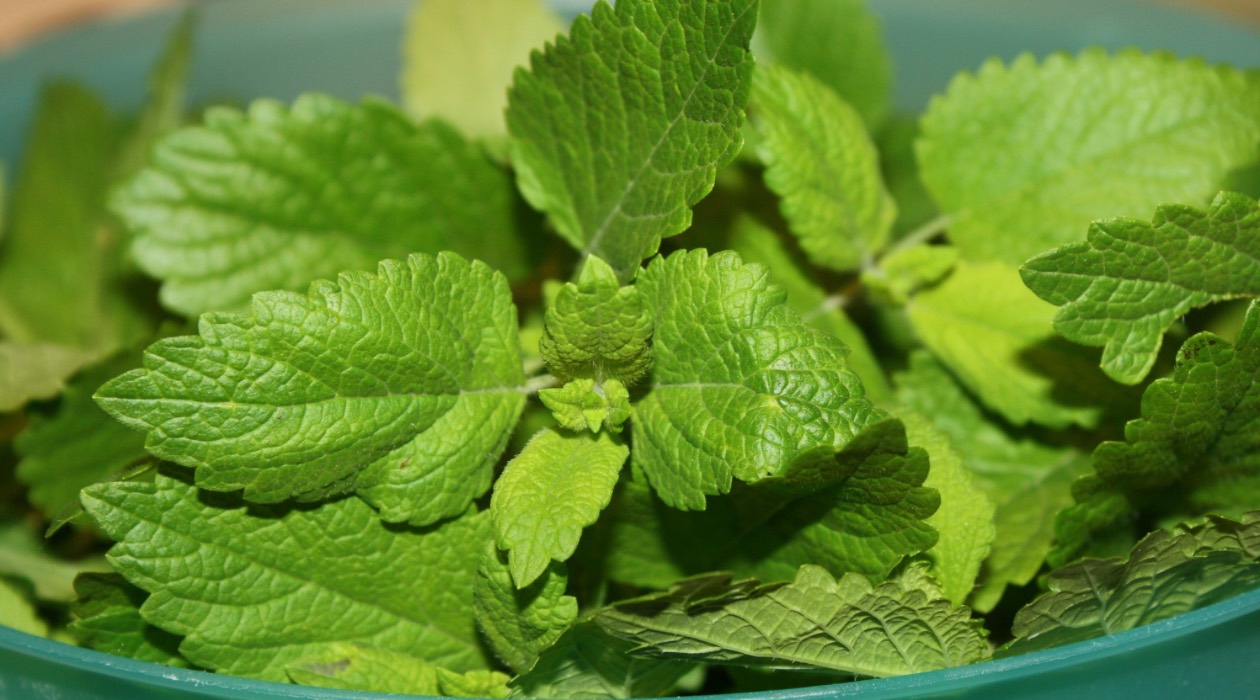


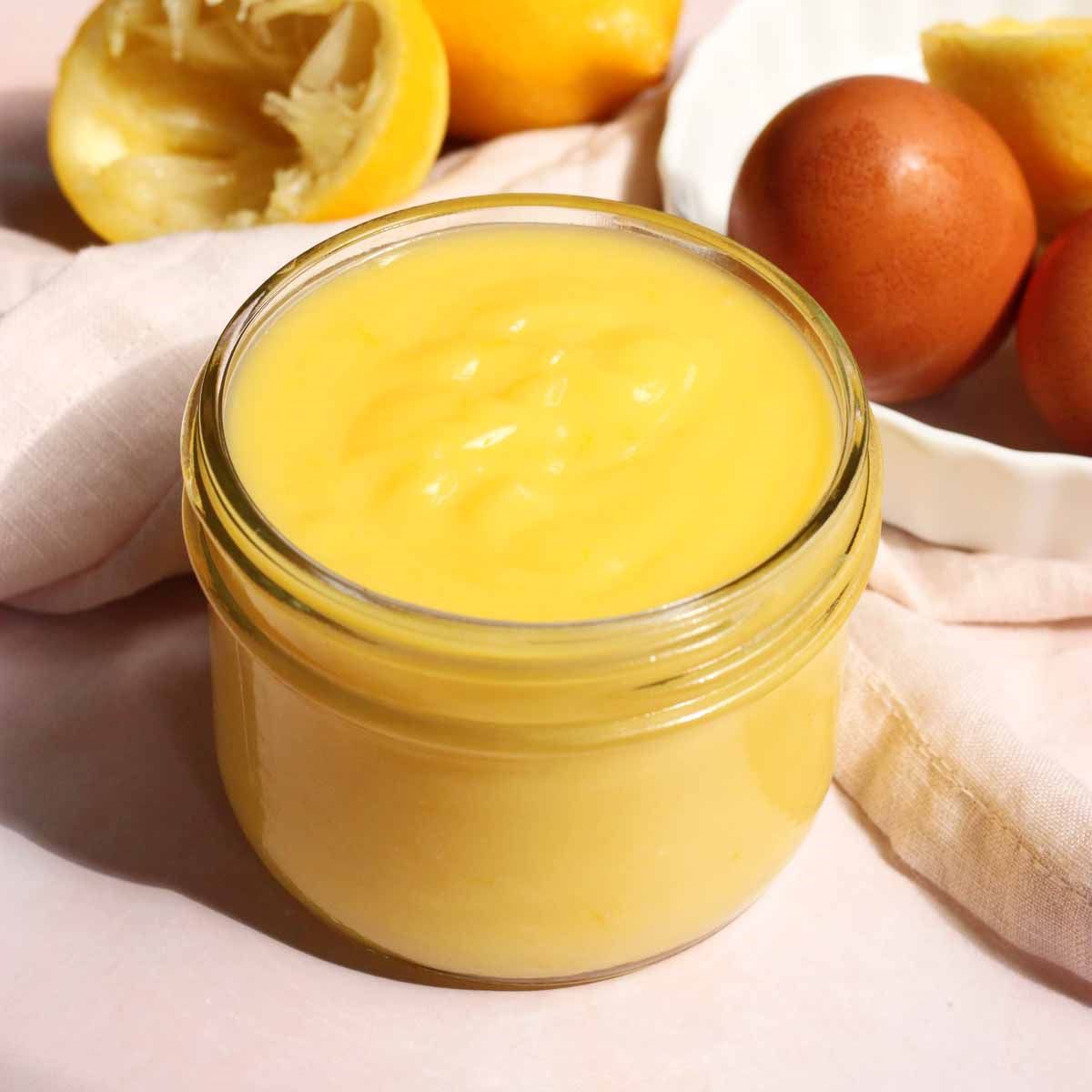
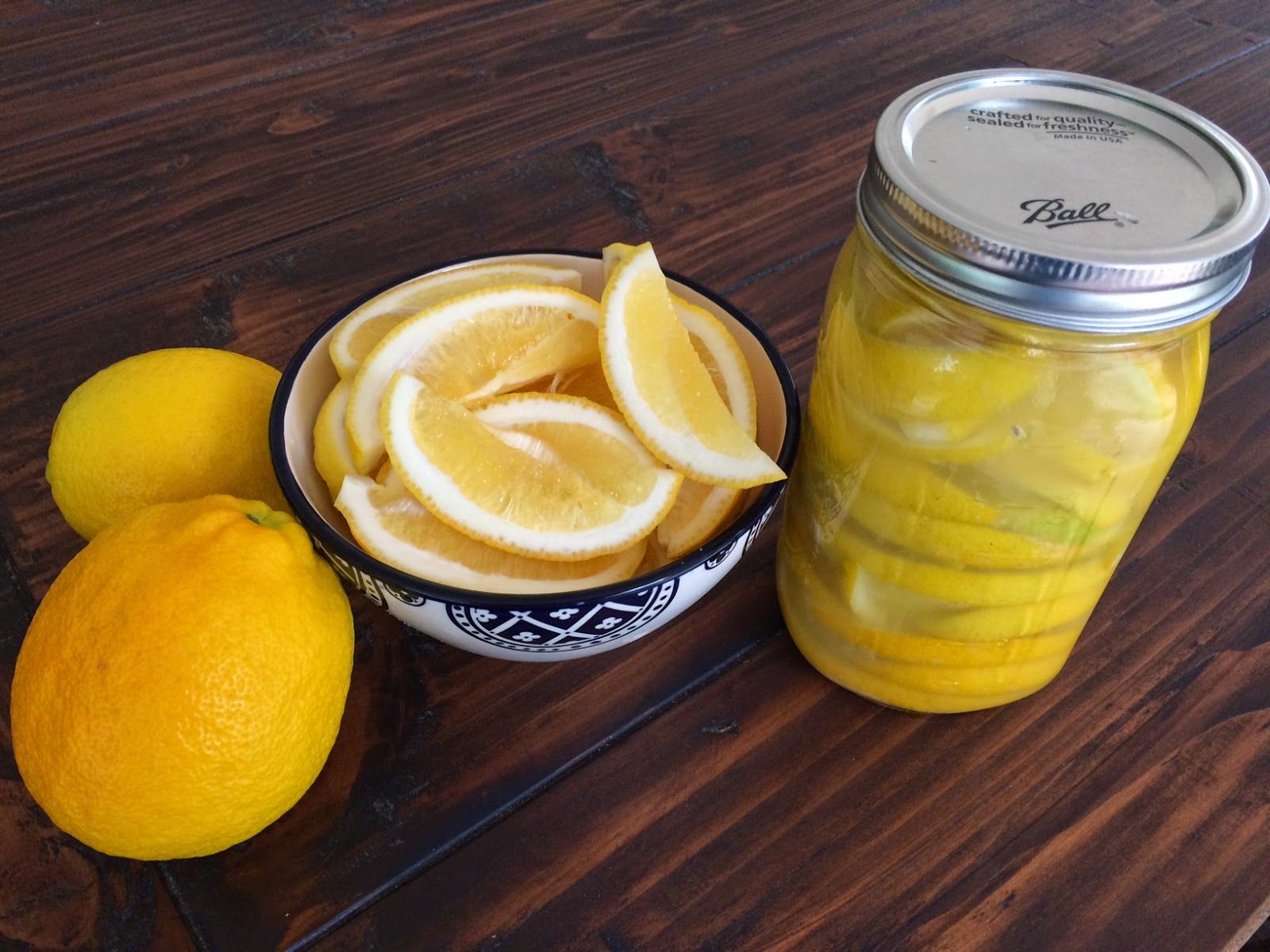
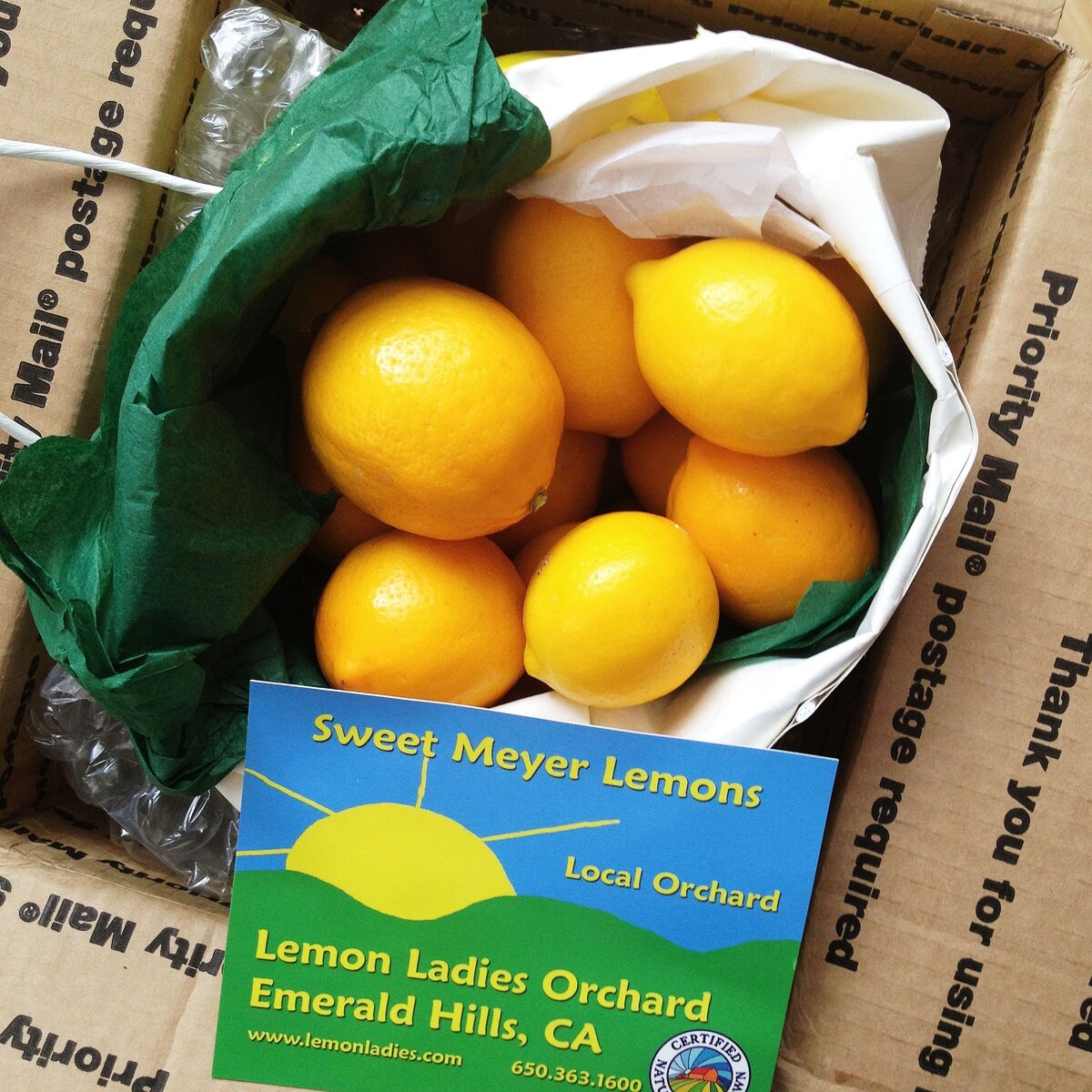


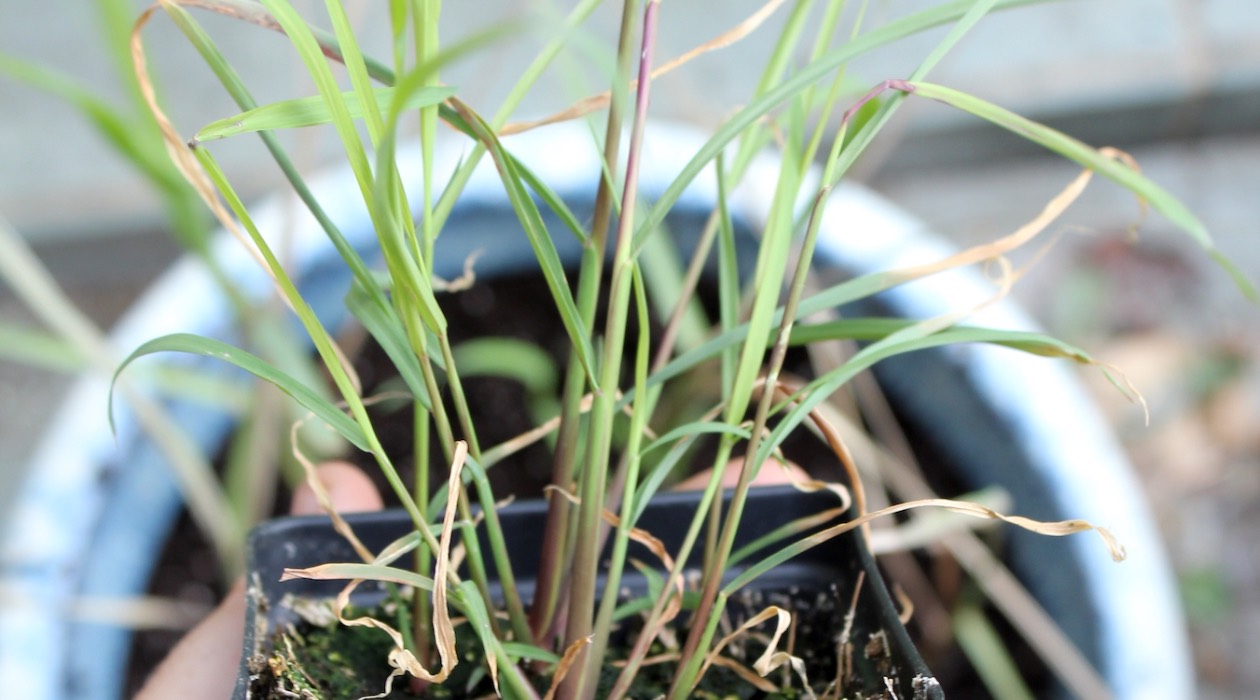


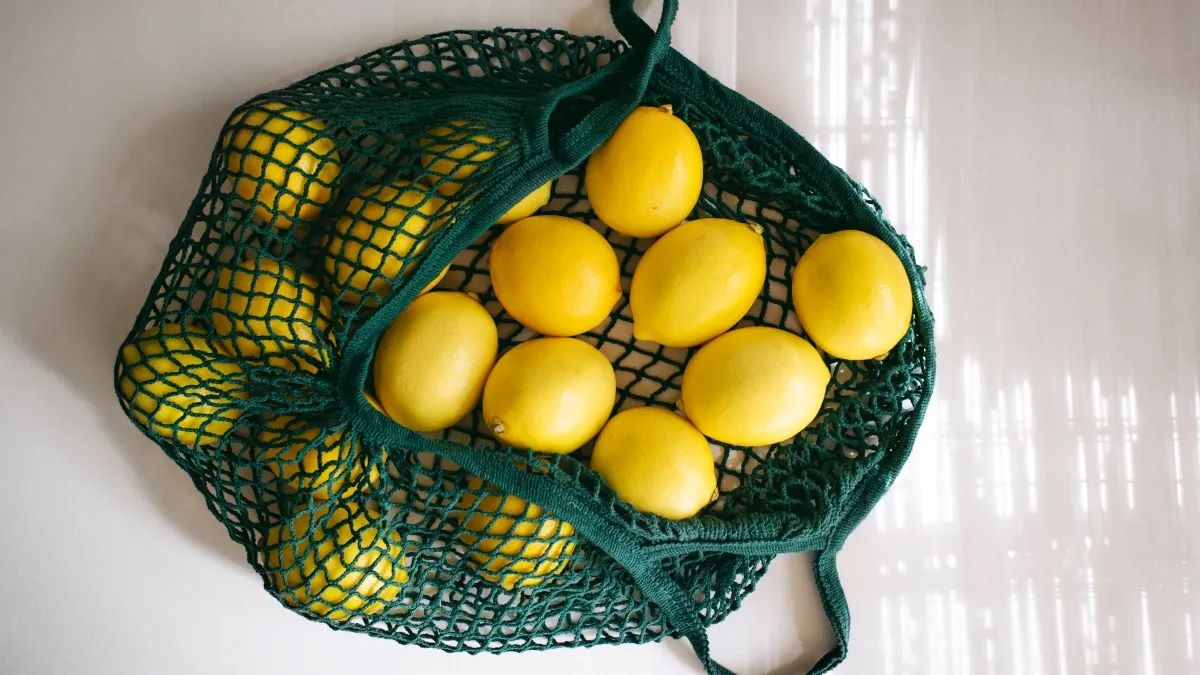


0 thoughts on “How To Store Lemon Zest”